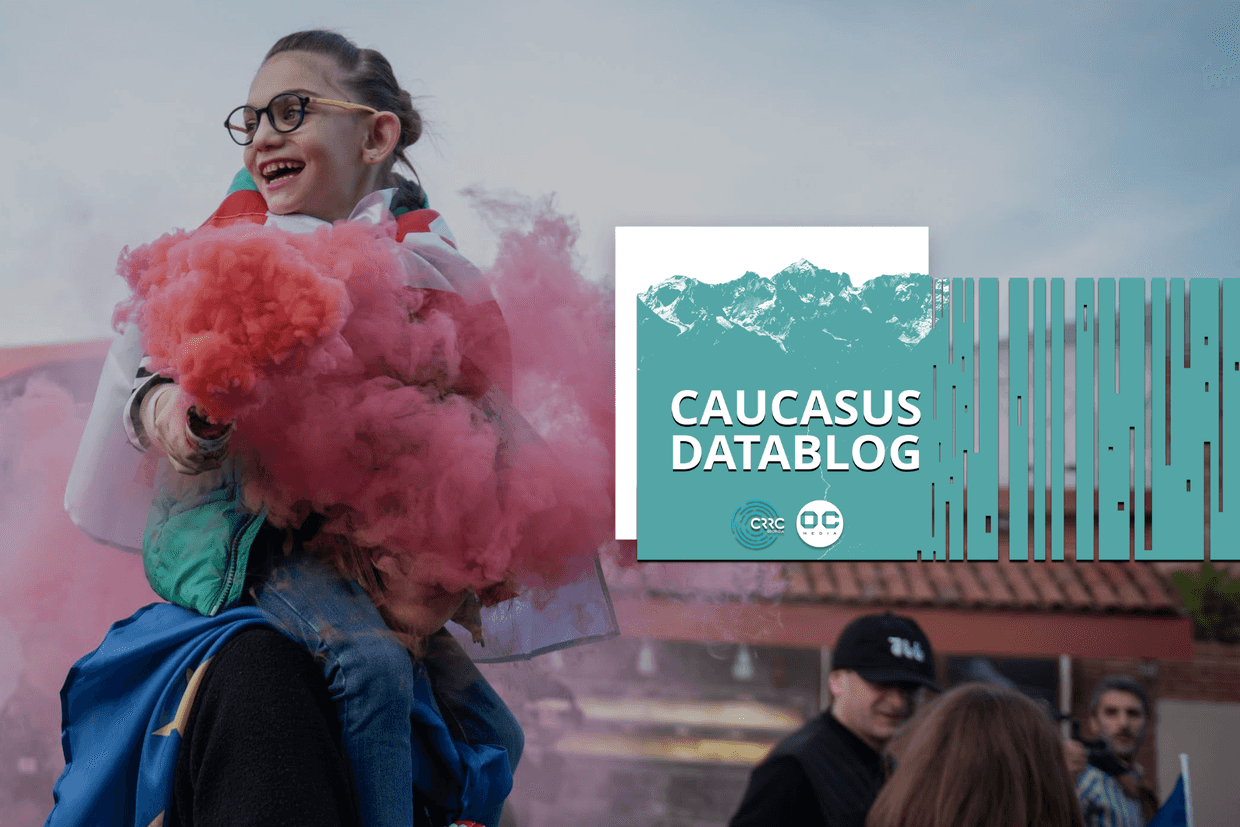
Datablog | How do Georgians perceive women’s sexual freedom?
Since 2013, Georgians have overall become more accepting of women having pre-marital sex and having a child outside of wedlock.

Since 2013, Georgians have overall become more accepting of women having pre-marital sex and having a child outside of wedlock.

At the same time, data from the 2024 Caucasus Barometer showed that Armenians were generally more politically interested than Georgians.

While Georgians have great confidence in churches and religious organisations, 42% believe they have too much power in the country.

Georgian Dream supporters are increasingly likely to distrust NGOs while those who trust the opposition have become more trusting.

Notably, one’s reported political beliefs and the media a person consumes were not associated with happiness.

While a majority in both countries support protests, such support has been on the decline in Armenia since 2019.

Armenians were generally more optimistic than Georgians, though both have seen an increase since 2017.